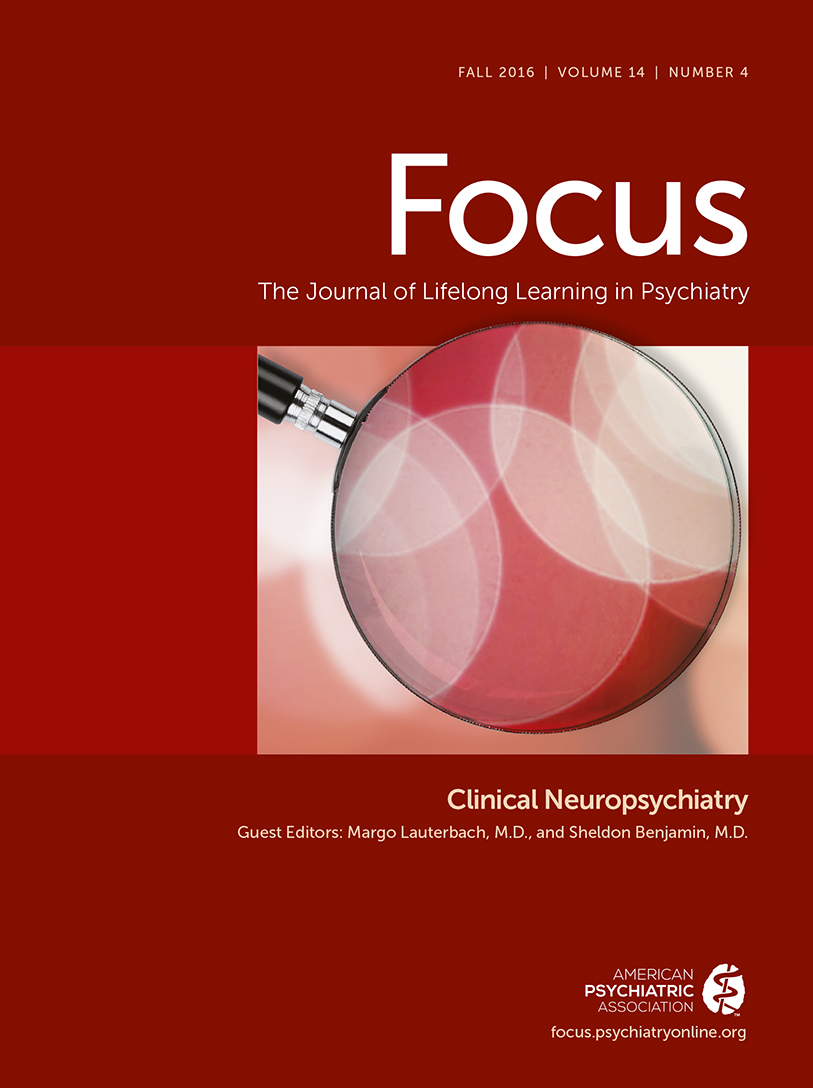A Clinical Approach to Cognitive Impairment
Abstract
Cognitive impairment is ubiquitous in medicine and a common experience in everyday life. When severe, persistent, or progressive, it becomes a matter of clinical concern. Top causes of clinically significant cognitive impairment are neurodegenerative disease, stroke or atherosclerotic vascular disease of the brain, medication toxicity, and alcoholism. Several of these conditions are associated with aging of the population in industrialized nations, and they are comorbid with multiple other illnesses and polypharmacy. In evaluating such problems, history is paramount, including a detailed time course of symptoms and input from caregivers. Examination should include neurologic and mental status components and should be as thorough as possible. Ancillary testing should be strategic and address specific problems in the differential diagnosis. Appropriate referrals to other medical disciplines should be promptly arranged, with engagement of the primary care provider. The caregiver is often a hidden patient. The psychiatrist who works with cognitively impaired patients should stay abreast of developments in a rapidly evolving field and adopt a team approach to care with other clinical specialties and caregivers.



